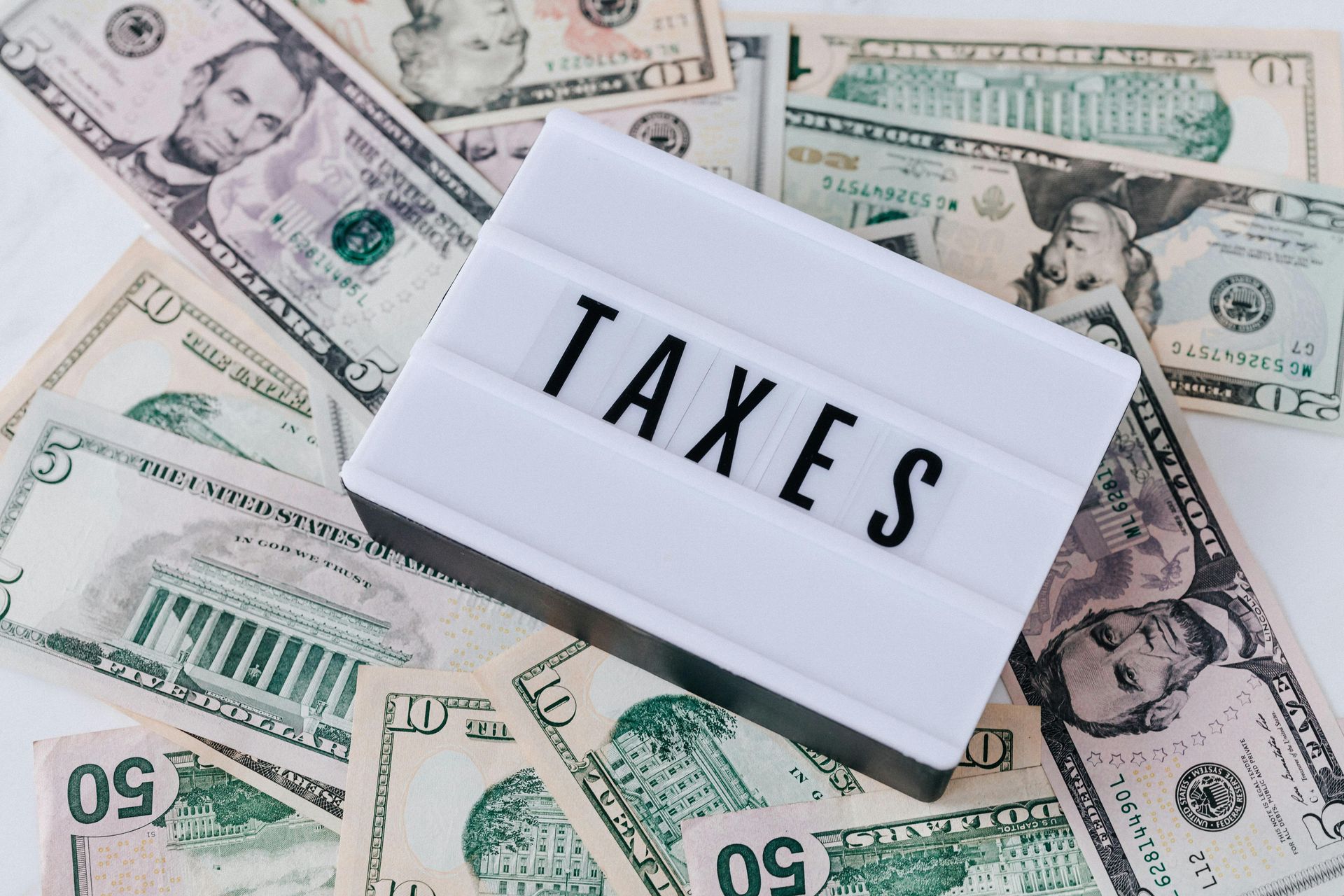Self-assessment: What is the big fuss about?
One of the busiest and most daunting days for some individuals in the UK is 31 January, the deadline for submitting self-assessment tax returns & paying the relevant tax. Despite reminders, many clients leave it late, which adds additional stress and may lead to errors.
But what happens if returns or payments are missed? What are the consequences, and are there alternative options available?
Read on for answers!

Penalties for late submission/payment
There are fixed penalties for various breaches, including late filing of tax returns, late payment of tax, failure to notify HMRC of a liability, and errors in submitted returns.
For late filing, the penalties include:
- £100 fine immediately if the return isn’t submitted by 31 January.
- £10 per day penalty for up to 90 days after three months.
- After six months, an additional penalty of £300 or 5% of the outstanding tax (whichever is higher).
- A similar penalty is imposed after 12 months.
Late payment of tax attracts separate penalties:
- 5% of the unpaid tax after 30 days.
- A further 5% after six months.
- Another 5% after 12 months.
Interest is also charged on overdue amounts. The annual interest rate for unpaid income tax and capital gains tax stands at 7.25%.
Behaviour-based penalties
For failures to notify HMRC of a liability, penalties are based on behaviour and can range from 0% to 100% of the tax liability, depending on whether the failure was deliberate or unintentional, and whether the disclosure was prompted by HMRC or unprompted. The % liability is determined by HMRC compliance officers.
For instance:
- Non-deliberate failures may attract up to 30%, but this can be reduced to 0% if disclosed within 12 months without prompting.
- Deliberate and concealed failures can lead to penalties of up to 100%, reducible to 30% for unprompted disclosures or 50% for prompted ones.
Similar rules apply to errors in tax returns. Careless errors can attract penalties of up to 30%, but those made despite taking ‘reasonable care’ are penalty-free.
Capital-gains tax and Cryptocurrency
In addition to income tax, capital gains tax (CGT) is also due on 31 January for disposals in the previous tax year. For individuals selling assets such as property or shares, the entire CGT liability must be paid in one instalment. Where disposal proceeds are received in instalments over 18 months to eight years, HMRC may allow the tax to be paid in stages under specific conditions. Cryptocurrency transactions are increasingly subject to CGT scrutiny. If you sell cryptocurrency and make a profit above the annual CGT exemption, you are required to pay tax on this. It’s crucial to keep detailed records/documents of all transactions, including disposals, acquisitions, and any fees incurred, as these will be necessary for accurate reporting.
Payments on Account (POA)
POAs cover the following year’s income tax and Class 4 National Insurance contributions (but not CGT or Class 2 National Insurance). These payments are due in two instalments:
- The first on 31 January, alongside the balancing payment for the current year.
- The second on 31 July.
If your prior year’s tax bill was less than £1,000 or most of it was already paid at source, you won’t need to make payments on account. For those new to self-assessment, paying a year and a half’s tax bill upfront can be a significant cashflow challenge. Taxpayers can reduce payments on account by estimating their liability for the following year. However, underestimating could result in interest being charged on any shortfall.
Conclusion
Understanding the self-assessment process and planning ahead can help avoid unnecessary penalties and interest charges. If you're managing tax obligations, ensure you stay informed and seek professional advice where necessary to make the process as smooth as possible.
Specialist accountants for sole traders and start-up businesss
Let’s find out if we’re the right match to support you! Book a free call with us, and we’ll chat about how we can help make managing your tax and finances simpler and less stressful.
© 2025 MTP Advisory Privacy Policy Design by Noir